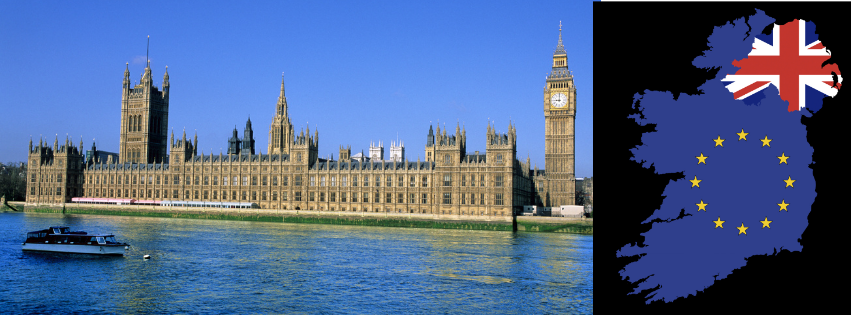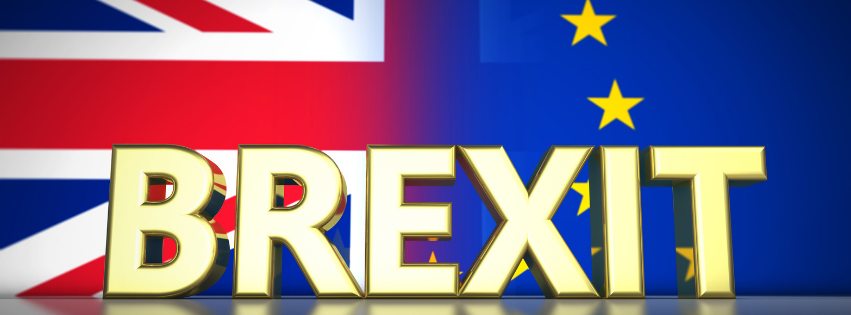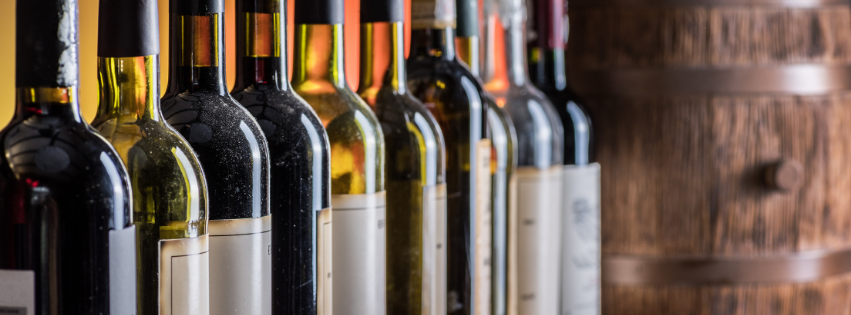Blog Layout
Importer of Record / Declarant Services
Ian Simmonds • Feb 19, 2021
We provide Importer Of Record (IOR) services for foreign importers
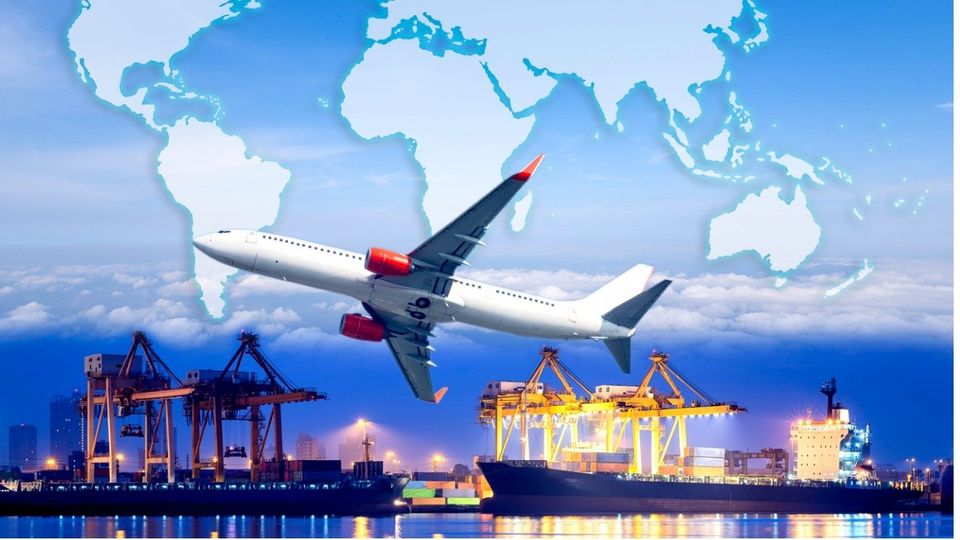
Many UK based technology companies and web marketplaces require products to be delivered on Delivered Duty Paid (DDP) Terms. Under the terms DDP, the foreign seller is responsible for door to door delivery, the payment of import duties and any applicable taxes. Under the eleven Incoterms® Rules, DDP terms impose the maximum level of obligation on the foreign seller.
Issues for Foreign Importers
In a straightforward import transaction, the consignee is usually the party paying import duties and taxes. Under DDP terms the consignee is not responsible for the payment of import duties and taxes, the foreign importer will be.
Generally, the import of products under DDP terms requires a Declarant / Importer of Record (IOR) located or established in the place of importation. In the UK the Declarant / IOR is required to have proper documentation confirming that they meet all the necessary criteria.
If you are a foreign importer into the UK, under DDP terms you are legally liable for payment of duties, taxes, fees and compliance with customs and other government agency regulations pertaining to your imports. However, not all foreign importers want to register their business within the UK, file paperwork, classify their goods with UK Customs, arrange the payment of duties and taxes or apply for VAT registration in the UK.
Many foreign importers are aware that they can file for VAT reclaim as a non-UK IOR. However, they are reluctant to file for this registration because they don’t want to charge VAT to their local UK customers.
Those non-UK IOR who do apply for VAT registration in the UK to benefit from any tax relief, often find VAT refunds a lengthy process. The UK tax authorities will investigate each import separately, whilst reviewing the entire document trail. The process can take anywhere between four and six months.
The UK government sets a high level of regulations, each enforced by a different government department. Some foreign importers find UK importing too confusing and so fail to develop additional international business, while others try to comply with the laws and regulations but find themselves in violation regardless and face fines, penalties or goods being forfeit.
What is an Importer of Record?
“Importer of Record” is a term used in customs law for the entity responsible for ensuring the imported products comply with local laws and regulations, filing a completed customs entry and paying the assessed import duties and other taxation for those products. In the UK, the Declarant / IOR needs to be established in the UK, meaning the importer needs to have a UK entity, established business or a physical presence, to take responsibility for customs procedures and declaring the import.
If a foreign company is importing into the UK and is not established in the UK, they can’t make a customs declaration for a shipment of products. The foreign company will require a third party that will need to act as the IOR. This third party could be a third-party service company, such as ICS Logistics Limited.
How can we help?
Shipping products between countries can be an extremely complex process with some products being highly regulated, which is why you need to use an experienced Importer of Record. Working as the IOR we are formally recognised as an official party within the international shipment transaction by the government.
We provide IOR services for foreign importers and take care of every phase of the importation from customs clearance to the payment of duties and taxes. As the IOR for your products we are responsible for all paperwork relating to import of your products, customs classification and we will arrange the payment of duties and taxes.
By working with ICS Logistics Limited, we will enable your business to supply products to UK customers whilst meeting import and trade compliance requirements. We act as importers on behalf of your overseas business.
ICS Logistics Limited do not take ownership of your products and do not resell them, but we perform services and distribute products for your business. Title to the products (at all times) remains with your overseas business, as the owners. However, as we are acting as the ‘Importer of Record’ on UK import declarations and paying the import VAT to HMRC, we will receive the import VAT certificate (C79).
Reclaiming Import VAT
As from 15th July 2019, ICS Logistics Limited cannot reclaim the import VAT. Only the owner of the goods can reclaim VAT, meaning overseas companies will need to register for VAT or changes to the ownership of goods having to be made before they enter the UK. The correct procedure is for the owner to be the IOR and reclaim the import VAT. We can assist you in identifying alternative approaches to lessen the tax burden.
If you would like more details, please call +44 (0) 118 932 8447 or email info@icslogistics.co.uk
Share
Tweet
Share
Mail
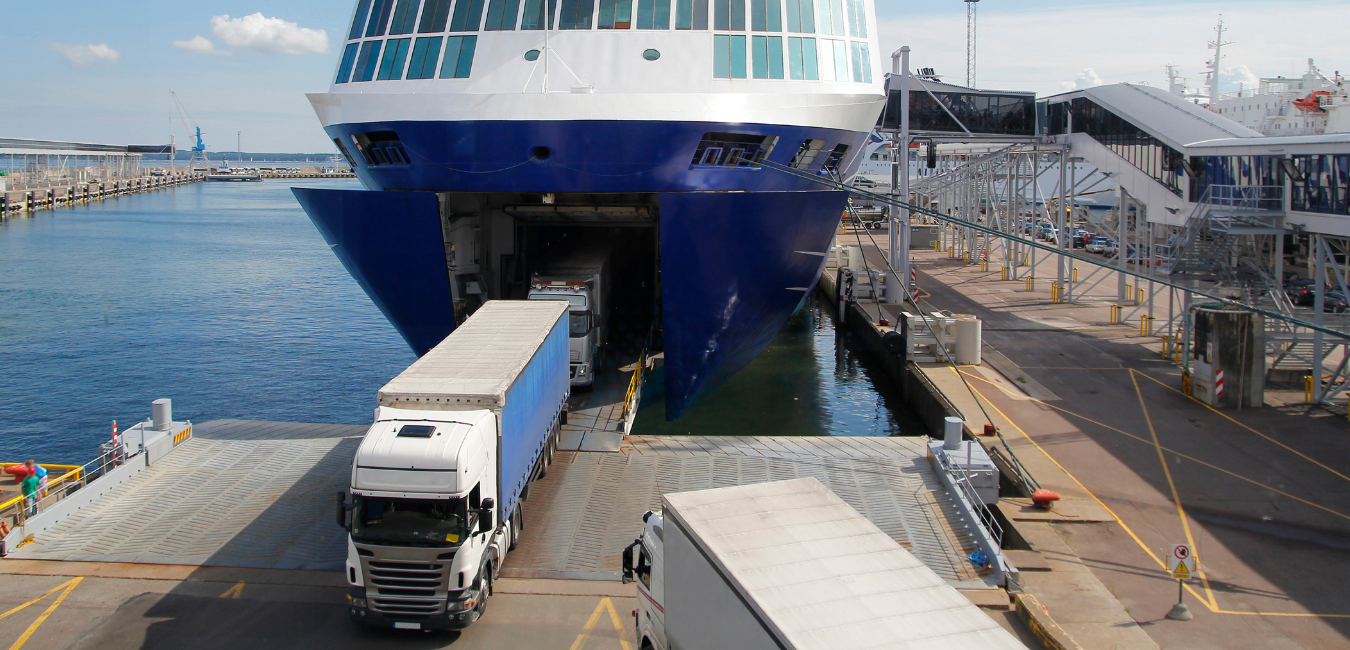
by Ian Simmonds
•
07 Feb, 2021
A manufacturer in Germany supplies EU qualifying products to a GB company and zero tariffs applies. The GB company places the products within their common stock warehouse and later they are purchased by a company in the Republic of Ireland. Under the TCA rules of origin for preferential trade, these goods when imported into Ireland are not covered by the agreement and full tariffs apply.
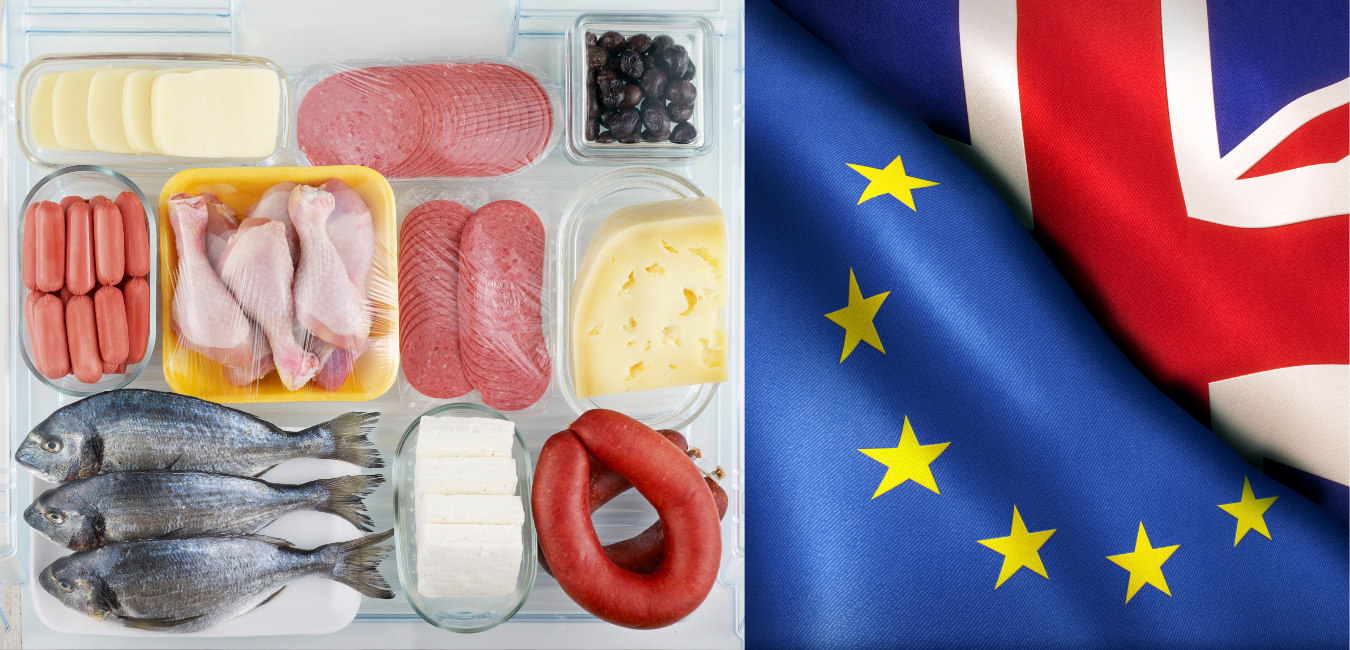
by Ian Simmonds
•
23 Jan, 2021
Not having clearly defined export / import processes with the EU caused unnecessary documentation issues resulting in long delays at the ports and some vehicles being sent back to the UK. Exporters of food products from Great Britain (GB) were especially impacted due to their Export Health Certificates (EHCs) not being compliant with EU import regulations. Food exporters and their Official Veterinarians complete and issued these certificates in compliance with the directives of the Department for Environment Food & Rural Affairs.
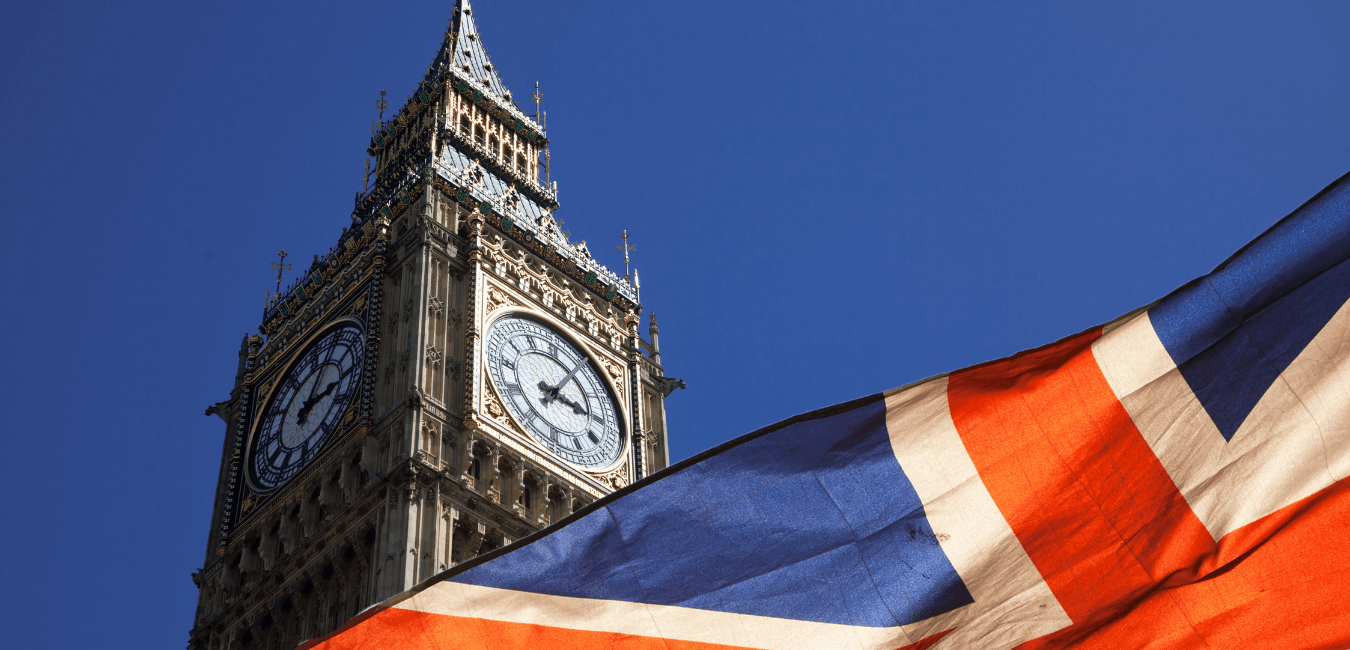
by Ian Simmonds
•
28 Dec, 2020
We have been developing contingency plans to ensure our customers’ products are delivered correctly after 1 January 2021. Significant changes will occur once the UK has left the EU. All UK businesses will be required to provide Customs documentation for products exported to, or imported from the EU, even with the ‘EU Deal’ on Brexit.
ICS, as part of our customer services, will be supporting companies with the necessary Customs documentation to comply with the new regulations.
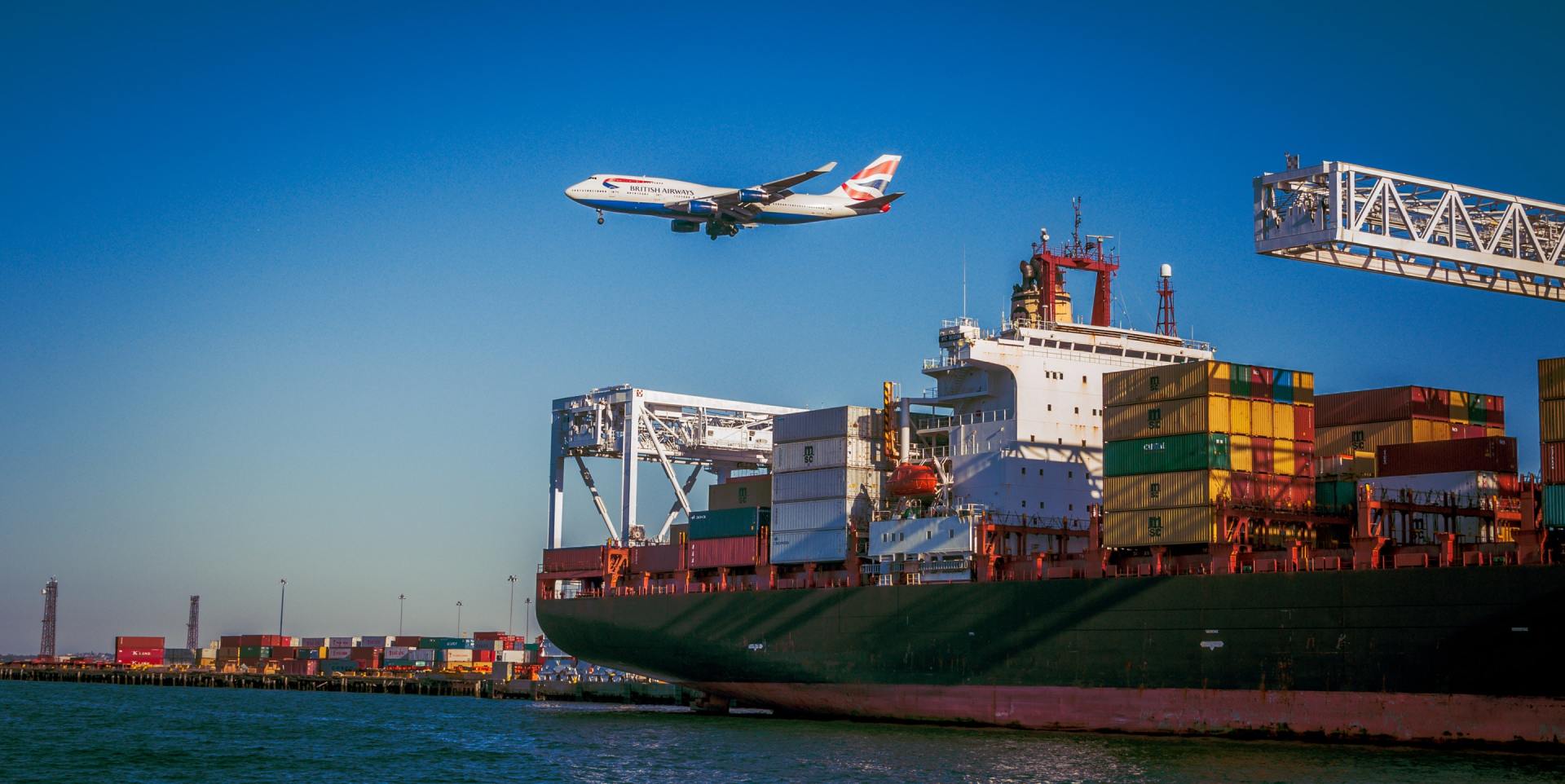
by Ian Simmonds
•
14 Sept, 2020
The Government announced, during the Budget, that on 1 January 2021 Postponed VAT Accounting (PVA) will be introduced on imports. Currently, imported goods from a non-EU country are liable for payment of import VAT at the same time as customs duty. The process will provide importers with a new cashflow benefit, as they will be able to postpone VAT at the time of import, as opposed to paying it immediately upon importation.
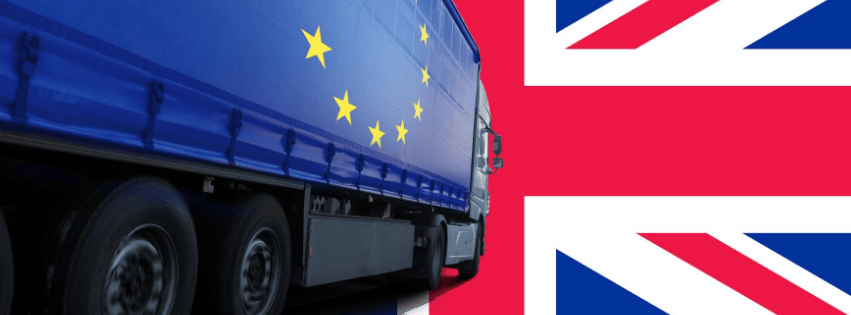
by Ian Simmonds
•
30 Aug, 2020
The UK Government have stated that on 1 January 2021 the transition period with the European Union (EU) will end and the United Kingdom (UK) will operate a full, external border as a sovereign nation. This means that controls will be placed on the movement of goods between Great Britain (GB) and the EU.
The UK Government have recognised the impact of coronavirus on UK businesses’ ability to prepare and therefore have announced that they will implement full border controls on imports coming into GB in three stages up until 1 July 2021.
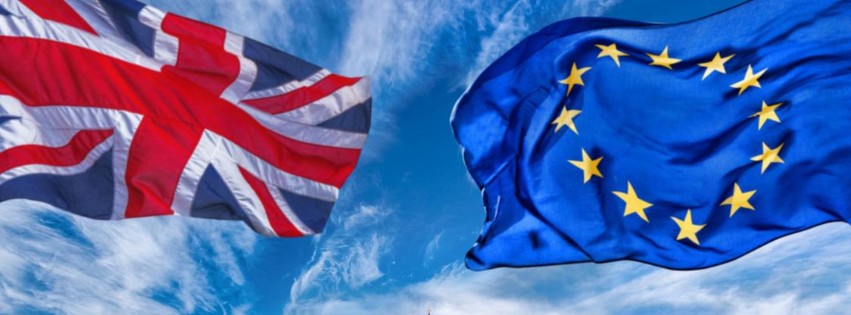
by Ian Simmonds
•
23 Aug, 2020
The UK Government has now released their new Import and Export Guides for the end of the Transition Period. The guides have been designed to provide a step-by-step process and aim to provide clarity around what is required at the end of the year. When it comes to following the new import / export processes and completing your Customs declarations, we can provide you with assistance and support.
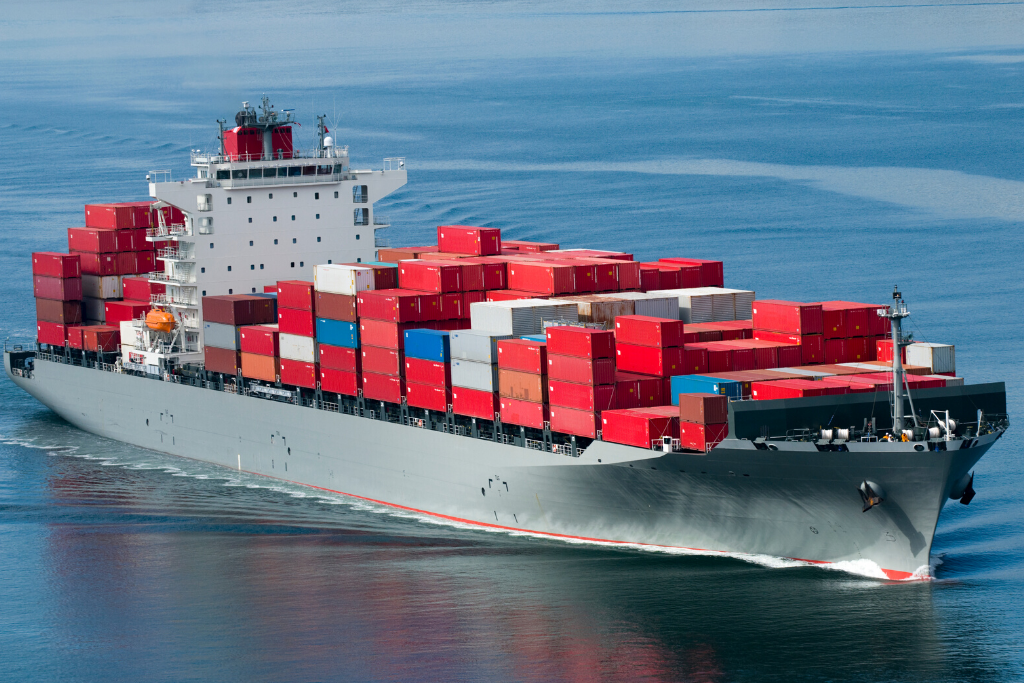
by Ian Simmonds
•
13 Jul, 2020
Your choice of Incoterms® 2020 will be an integral part of your commercial transaction stated within the contract.
By the parties agreeing the relevant Incoterms for the international supply chain and then incorporating it into the contract, the buyer and seller will understand responsibilities in the event of loss and damage.
The seller and buyer can include Incoterms in their contract to cover who is responsible for every stage of the international supply chain, including customs clearance and insurance requirements. Incoterms also make it clear who pays for each different cost within the international supply chain.
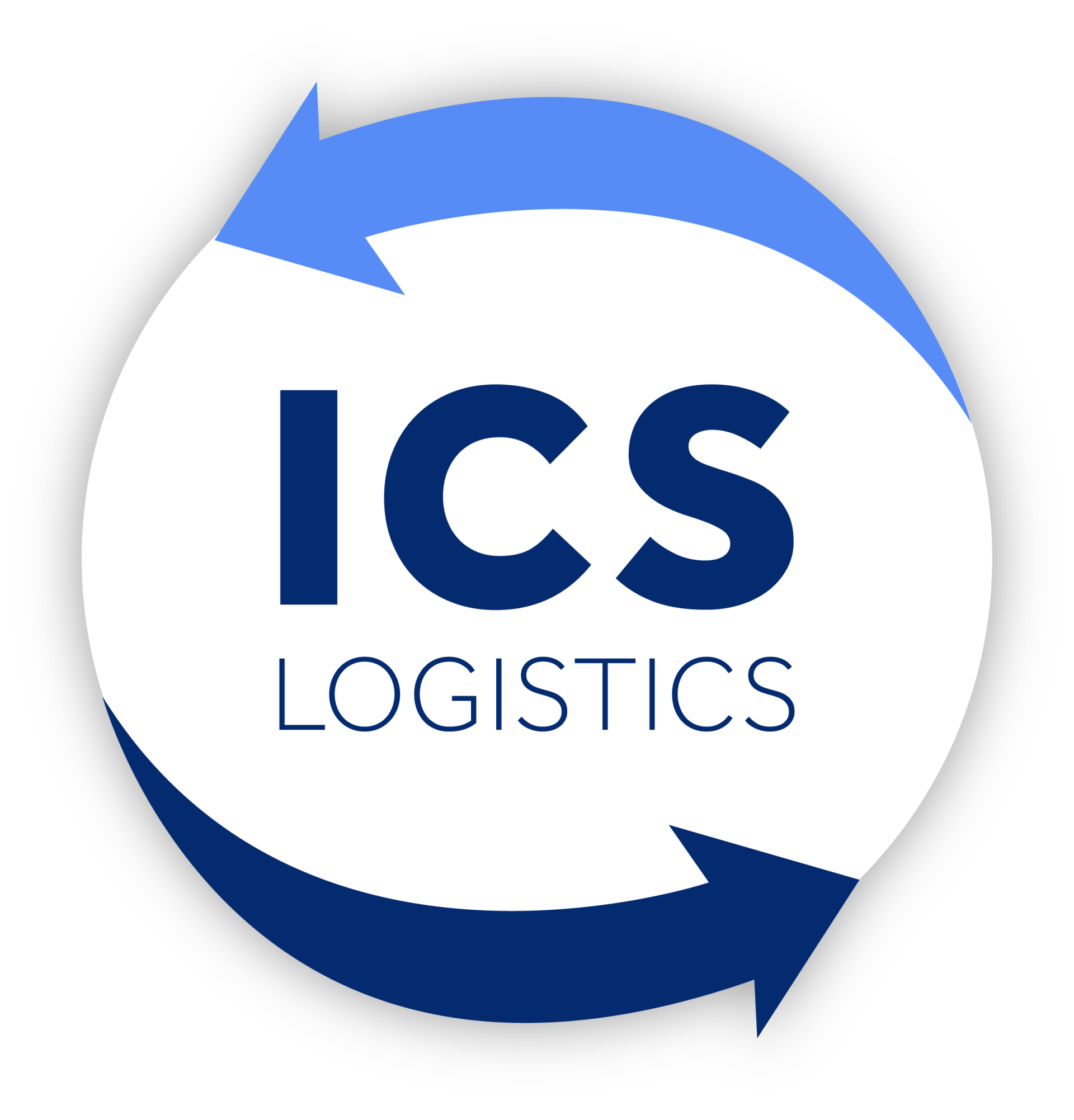
ABOUT US
When it comes to global shipping, we help customers explore all of their options. We provide a wide range of third-party shipping and warehouse services to support all international supply chain needs, and can provide customers with complete import / export solutions.
© 2024
ICS Logistics Limited
